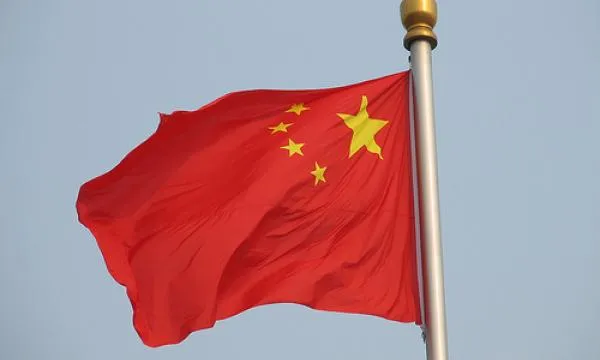
COVID-19 outbreak may double Chinese banks' questionable loans
The loosening of regulations is a setback on China’s reformation efforts.
China’s banking system questionable loans may double in the face of the COVID-19 outbreak, as local regulators relax their bad-loan benchmarks, reports S&P Global Ratings.
It would take years for domestic banks to revert to normal standards due to the regulators’ easing of financial policies, said S&P Global Ratings credit analyst Ming Tan. This, in turn would result in long-term repercussions in the credit worthiness of financial institutions.
In a best-case scenario in which the virus is contained globally by March, China's sector-wide commercial bank gross NPL ratio—reported NPLs plus special mention loans and loans given special consideration before government support and write-offs—is forecasted to peak at about 6%. During this scenario, the provision coverage could fall to 58% from 186% in Q42019.
“We estimate [that] banks will apply forbearance to about 4% of problem loans. Adding this to S&P’s 6.5%-7.5% questionable loan ratio of gross loans that we estimated before the coronavirus outbreak, China's questionable loan ratio may peak at about 10.5%-11.5% in the aftermath of the epidemic, in our baseline scenario,” Tan added.
S&P Global Ratings credit analyst Ryan Tsang also warned of companies taking advantage of the loosened standards to purposefully delay repayments, noting that the same instance happened in Japan and in Taiwan following natural disasters.
The coronavirus crisis will also slow the banking regulators’ reformation of the industry that has been taking place in the past three years.
Also read: China to list 10 commercial banks as D-SIBS
"This will provide breathing space to troubled banks, and reduce the risks of a spillover from higher risk aversion towards the weaker banks within the sector," noteod S&P Global Ratings credit analyst Harry Hu.
But it will also undermine standards, making some Chinese banks less creditworthy in the long run, he concluded.




![Lorem Ipsum [ABF 1]](https://cmg-qa.s3.ap-southeast-1.amazonaws.com/s3fs-public/styles/exclusive_featured_article/public/2025-03/a_hand_pointing_to_a_futuristic_technology_5b87c9d0e3_1.png.webp?itok=2w0y1WhS)


![Cross Domain [Manu + SBR + ABF + ABR + FMCG + HBR + ]](https://cmg-qa.s3.ap-southeast-1.amazonaws.com/s3fs-public/styles/exclusive_featured_article/public/2025-01/earth-3537401_1920_4.jpg.webp?itok=WaRpTJwE)







 Advertise
Advertise

